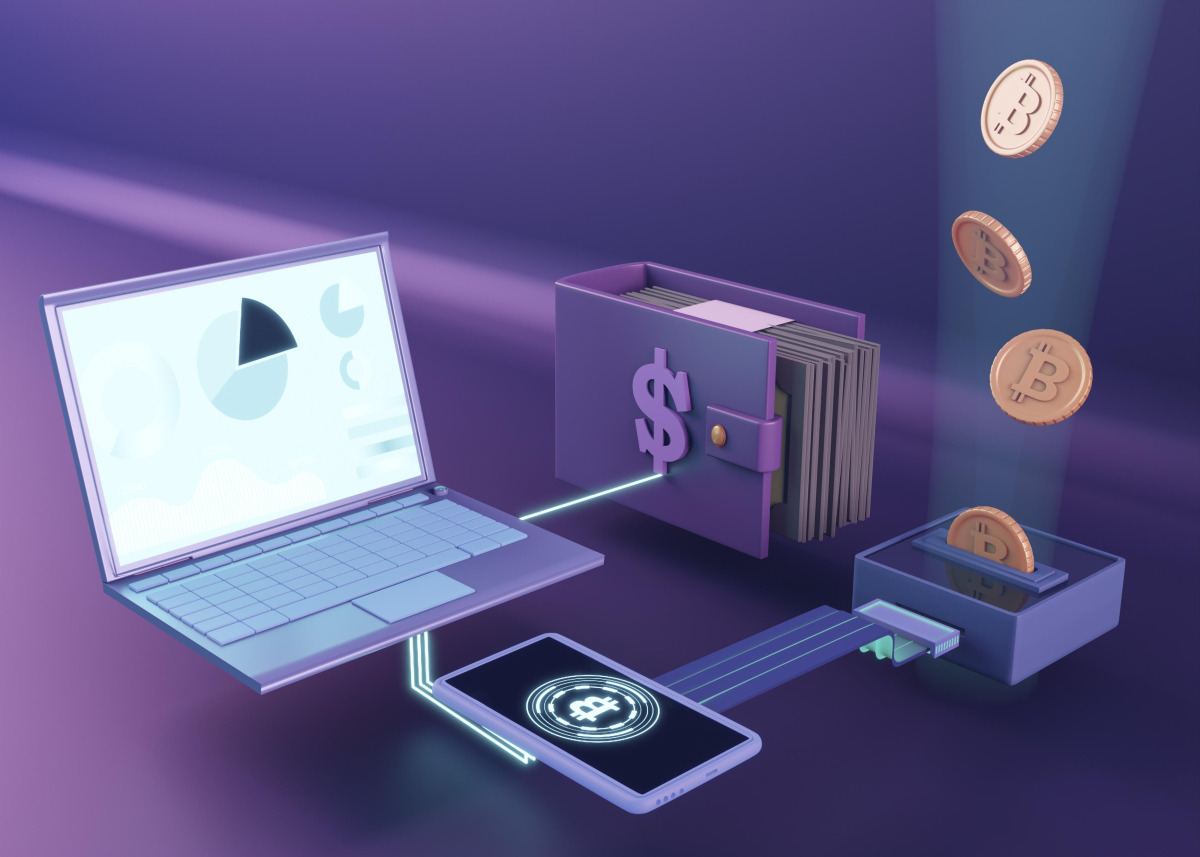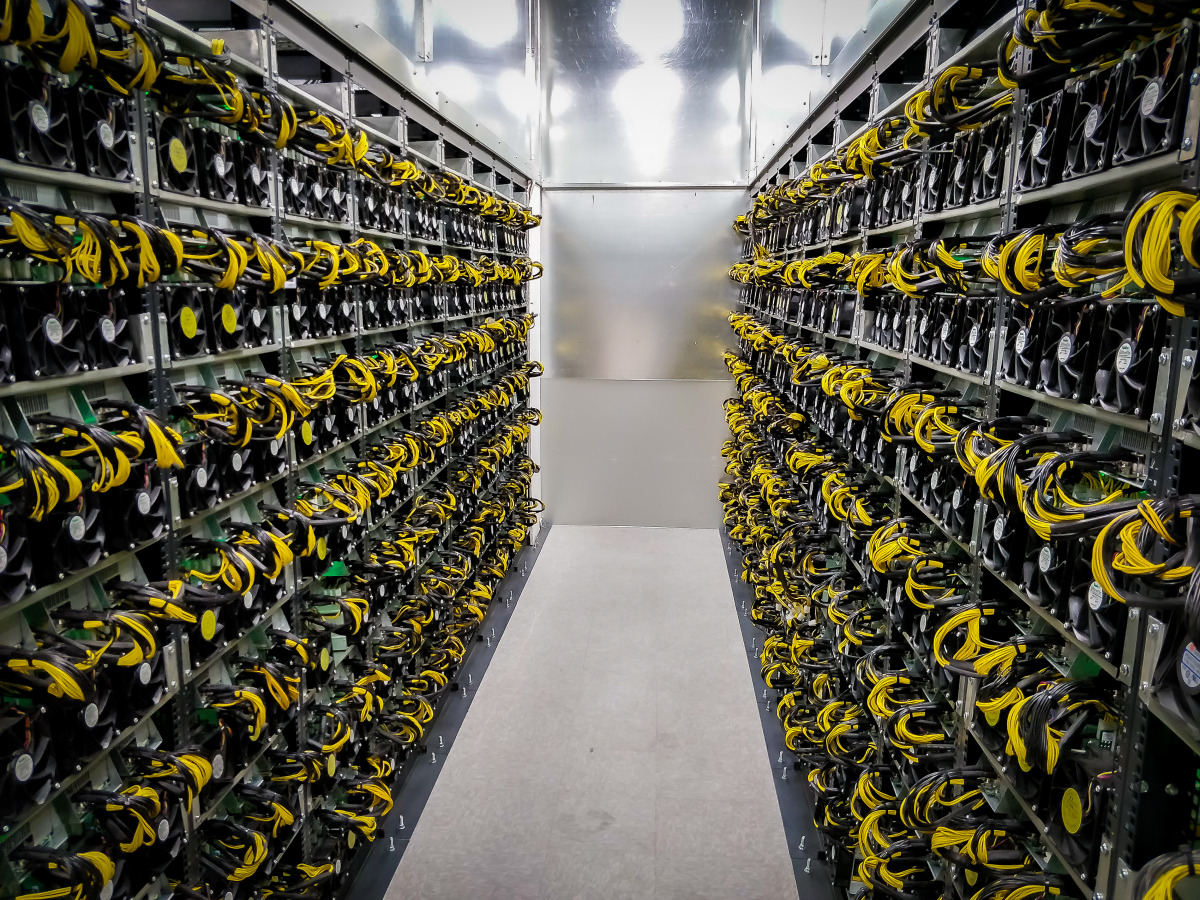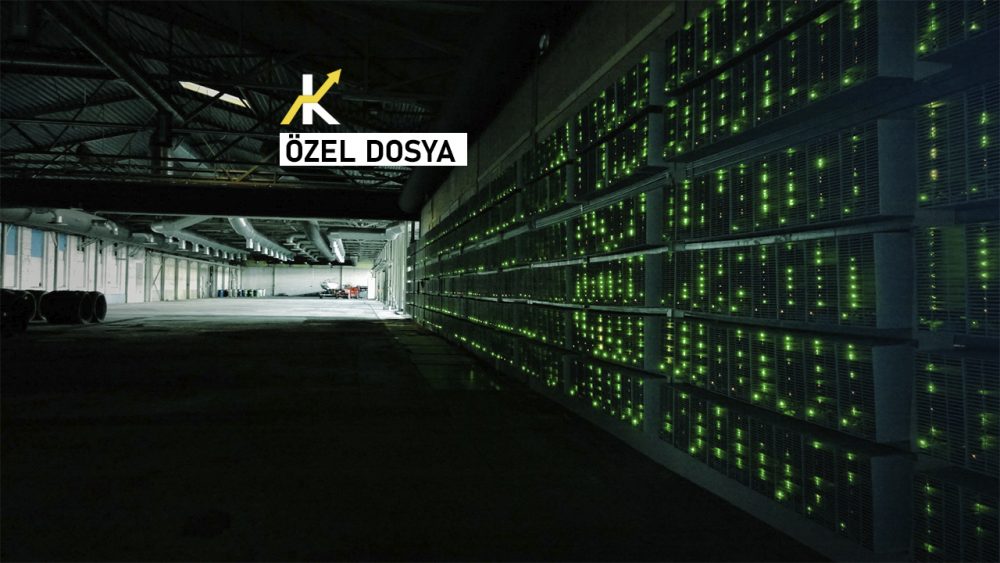When Satoshi Nakamoto mined the first block on January 3, 2009, he obtained 50 Bitcoins, thus igniting a multi-billion dollar industry that would be shaped around crypto mining. However, the limited supply of Bitcoin raises the question of what will be the fate of the miners.
Bitcoin is mined through mining. In the mining process, computer hardware is used to solve complex mathematical problems and verify transactions on the blockchain network. And in return for these efforts, miners are rewarded with a predetermined amount of BTC for each block of transactions.
According to Nakamoto’s whitepaper, a total of 21 million Bitcoins can be mined. Currently, more than 19 million of these have been awarded to miners. Once the 21 million limit is reached, miners will not receive rewards from transaction confirmation. Nick Hansen, founder and CEO of bitcoin mining company Luxor Mining, states that despite the loss of mining rewards, miners will continue to play a key role in the registration and confirmation of blockchain transactions.
When will the last Bitcoin be released?
Currently, miners are rewarded with 6.25 BTC for successfully mining a block (which was roughly $187 at the time of this writing). Miners also charge a transaction fee. According to a calculation published in May by data company Glassnode, The sum of the rewards and transaction fees miners have received since 2010 has exceeded $50 billion.
 It is predicted that the last Bitcoin will be mined in 2140. Photo: Freepik
It is predicted that the last Bitcoin will be mined in 2140. Photo: FreepikHansen believes that the main incentive for miners after the last Bitcoin is mined will be transaction fees over time. “For this reason, even as transaction fees become an increasingly important part of the Bitcoin mining economy, understanding transaction fee dynamics and being able to predict its future will be even more critical,” Hansen says.
In fact, we still have more time to understand what will happen to miners when the last Bitcoin is released. Because this exchange will take so long that none of the existing miners will be alive when the last Bitcoin is mined. According to analysts, evaluations of the block discovery rate and halving process indicate that the last Bitcoin will be issued in 2140. Bitcoin halving is the name given to the planned reduction of the reward earned by miners. The next halvings, which occur almost every 4 years, are expected to take place in April 2024.
According to Hansen, unpredictable factors such as market supply, legal regulations, technological developments and macroeconomic factors will determine the price of BTC in 2140.
‘It won’t be the same in 120 years’
Jaran Mellerud, a researcher from Hashrate Index, who conducts data analysis on Bitcoin mining, emphasizes that with the increasing adoption and use of Bitcoin, transaction fees will increase significantly and these fees will become the main source of income for mining companies. “When the last BTC is mined, the mining reward will be so small that it will have almost no impact on the coin supply,” Mellerud continues, saying:
“In a scenario where Bitcoin is the world’s default value system (hyperbitcoinization), transaction fees will have to explode due to large demand for block space compared to the supply of rare block space.”
Pat White, founder and CEO of digital asset platform Bitwave, expressed the idea that miners will continue to be a critical part of the cryptocurrency ecosystem, but not all of them will survive due to the rising cost.
 Bitcoin mining facility. Photo: Wikimedia Commons
Bitcoin mining facility. Photo: Wikimedia CommonsAgain, according to Glassnode’s report, miners have been going through long unproductive periods since 2010. According to the report, only 47 percent of trading days were productive. White continues:
“It is quite reasonable to think that we will see some miners shut down or find new manipulation techniques to raise the price. But it seems to me that these will happen before the last Bitcoin is mined because the last halvings will reduce the block rewards to Satoshi.”
There are also concerns that miners’ exiting the cryptocurrency chart will create some security issues as the mining reward decreases. Emphasizing that quantum computers will affect cryptography, White said, “After all, many things can happen in 120 years; Bitcoin can even change radically.”
Sources: Cointelegraph, River.com



